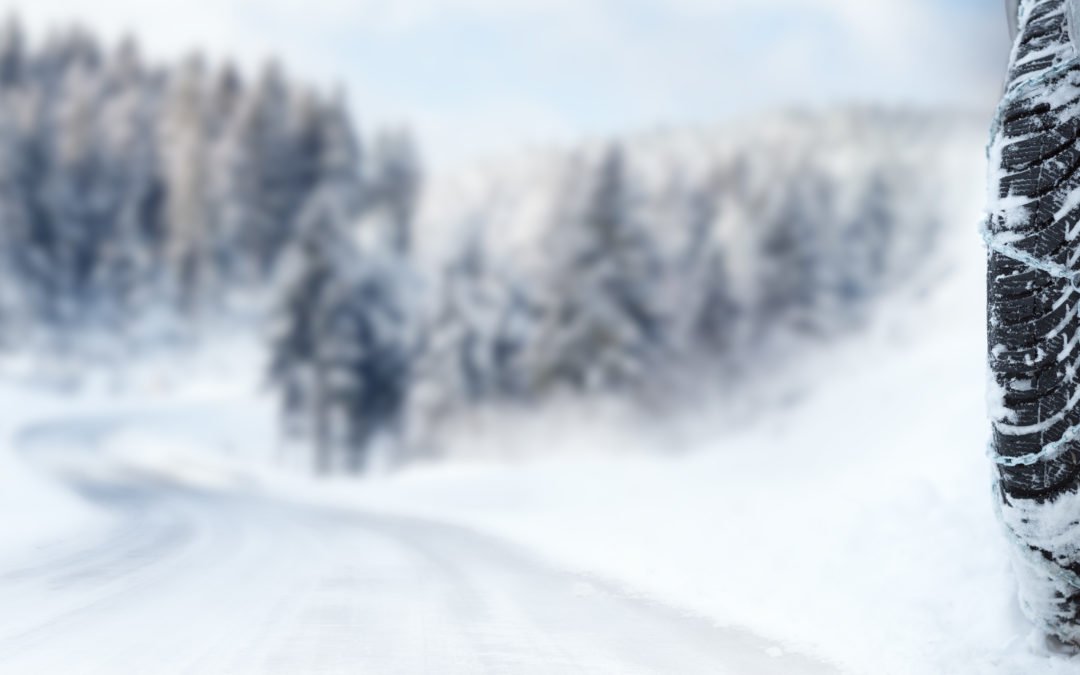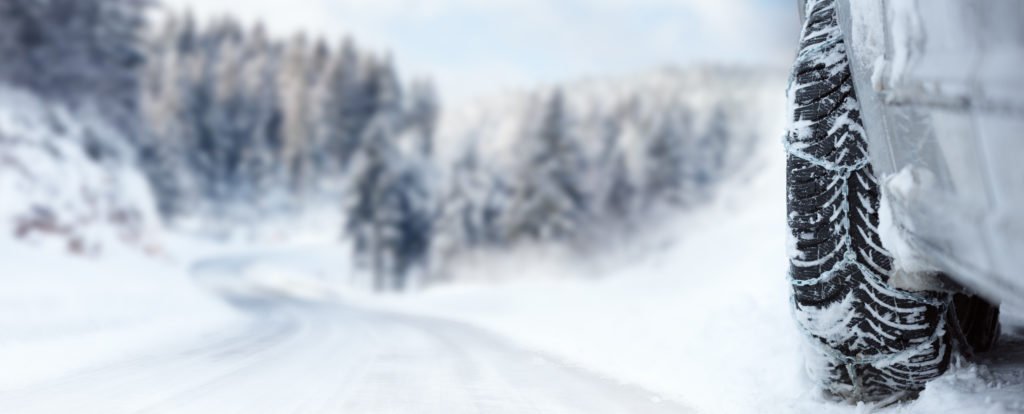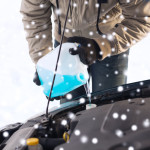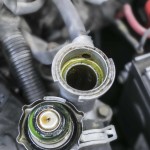Winter Vehicle Care Tips
Cold and harsh weather can be brutal on vehicles. Here are a few tips for taking care of your vehicle during these cold months.
Check tire pressures
Most modern vehicles are now equipped with a TPMS (Tire Pressure Monitoring System) which will alert drivers if there are tires with a lower than optimal temperature. When the air gets colder outside, the air pressure tends to also drop inside your tires. So why is this important you ask? Well, under-inflated tires can cause irregular handling/steering issues, premature wear and possibly even damage the tire tread. Check the sticker on the driver’s door for optimal tire pressures. Of course, it’s always good to make sure you have plenty tread left too, bald tires tend to slide in the snow. Not good when you try to stop at the lights and slide all the way to the middle of a four-way junction. You can’t just stick your arm the window and pretend it’s a drifting competition. Winter tires are a fantastic option for extra grip, even on four-wheel drive vehicles.
Keep windshield washer fluid topped up and good wiper blades
How frustrating is it when your driving behind a semi in the snow with all that moisture and debris being thrown at your windshield (thank goodness for windshields!) making a mess so bad you can’t see the road? Keeping windshield washer fluid topped up will help with cleaning this up. Water is great too until it freezes in front of your eyes like a scene from a certain princess movie. Cody Hartman, service manager at Volkswagon Casper recommends a winter windshield washer fluid that contains a little de-icer and won’t freeze.
Cooling system flush
Always check manufacturer guidelines but it is not a bad idea to have the cooling system flushed out and add some new anti-freeze, a 50/50 water/antifreeze mix is usually recommended.
Can you mix different types of coolant?
Test/charge the battery
Not the kind you get your chicken fried steak in, but the box under the hood with two terminals that is needed to start your vehicle. “Cold weather is especially hard on car batteries. According to AAA’s Automotive Research Center, at 0°F, a car’s battery loses about 60 percent of its strength and at 32°F it loses 35 percent. During cold temperatures starting an engine can take up to twice as much current as needed under normal conditions. It is advisable to have your battery tested, as well as your starting and charging systems prior to the deep cold of winter.” 1
Inspect lights
It’s generally good practice to keep your daytime running lights (DRL) on all the time. When you’re caught in a white-out blizzard, it is especially important to turn on your lights. DRL or low beam if nothing else to make other drivers are aware that you are there. They probably cannot hear you singing to your favorite 80’s driving ballad (maybe that’s just me).
But how can I inspect my lights if I’m driving, you say? Drive up to a plain wall or a fancy building with lots of glass and look… it’s a pretty reflection. Showroom windows are particularly good for the poser type as well as checking your lights! If you have a backup camera, I don’t recommend using it to spy on people but you can also check your lights in reverse too!
Carry an emergency kit
One of the most important winter vehicle care tips for Wyoming is to carry an emergency kit. You could be in the middle of nowhere in a sub-zero blizzard. Here’s a good start to an emergency supply list.
- Coats
- blankets
- first-aid kit
- three days worth of high energy snacks
- water
- flashlight
- kitty litter
- shovel
- tire chains
- warning triangle
- flares
- toilet paper
Darin Ball of the parts dept at Fremont Chrysler, Dodge, Jeep, Ram is a hunting enthusiast regularly traveling to remote areas. Darin recommends packing a used metal coffee can and a candle, matches or a lighter and baby wipes. He also suggests making sure canned goods have a ring pull so you don’t need a can opener. Cell coverage can be an issue in remote areas too so a radio with extra batteries is a good backup.
How this button saved me in Wyoming!
What do you carry in your emergency kit? Let us know and help others by commenting in the box below.





Recent Comments